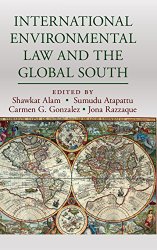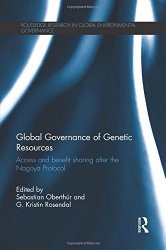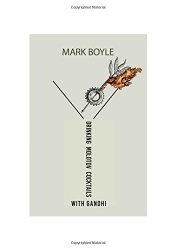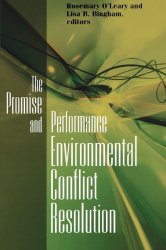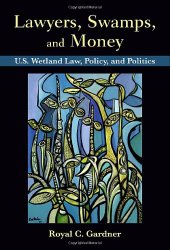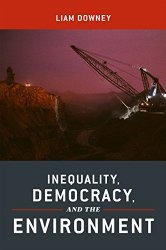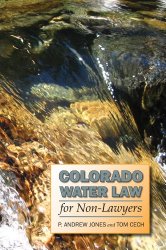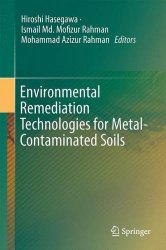Drawing specifically on the international climate regime, Simone Schiele examines international environmental regimes from a legal perspective and analyses a core feature of international regimes – their ability to evolve over time. In particular, she develops a theoretical framework based on general international law which allows for a thorough examination of the understanding of international law and the …
Natural Resources Law
The unprecedented degradation of the planet’s vital ecosystems is among the most pressing issues confronting the international community. Despite the proliferation of legal instruments to combat environmental problems, conflicts between rich and poor nations (the North-South divide) have compromised international environmental law, leading to deadlocks in environmental treaty negotiations and noncompliance with existing agreements. This volume examines both …
Global Governance of Genetic Resources: Access and Benefit Sharing after the Nagoya Protocol
This book analyses the status and prospects of the global governance of Access Benefit Sharing (ABS) in the aftermath of 2010’s Nagoya Protocol to the Convention on Biological Diversity (CBD). The CBD’s initial 1992 framework of global ABS governance established the objective of sharing the benefits arising from the use of genetic resources fairly between countries and communities. …
More than ever, people are longing for deep and meaningful change. Another world is not only possible; it is essential. Yet despite our creative and determined efforts to attain social justice and ecological sustainability, our global crises continue to deepen.In Drinking Molotov Cocktails with Gandhi, best-selling author Mark Boyle argues that our political and economic system has brought …
Promise and Performance Of Environmental Conflict Resolution
Environmental conflict resolution (ECR) is a process of negotiation that allows stakeholders in a dispute to reach a mutually satisfactory agreement on their own terms. The tools of ECR, such as facilitation, mediation, and conflict assessment, suggest that it fits well with other ideas for reforming environmental policy. First used in 1974, ECR has been an official part …
Lawyers, Swamps, and Money: U.S. Wetland Law, Policy, and Politics
Lawyers, Swamps, and Money is an accessible, engaging guide to the complex set of laws governing America’s wetlands. After explaining the importance of these critical natural areas, the book examines the evolution of federal law, principally the Clean Water Act, designed to protect them. Readers will first learn the basics of administrative law: how agencies receive and exercise …
Principles of Protein X-Ray Crystallography (Springer Advanced Texts in Chemistry)
X-ray crystallography is an established method for studying the structure of proteins and other macromolecules. As the importance of proteins grows, researchers in many fields have found that a working knowledge of X-ray diffraction is an indispensable tool. In this new edition of his essential work, the internationally recognized researcher Dr. Jan Drenth offers an up-to-date and technically …
The world currently faces several severe social and environmental crises, including economic under-development, widespread poverty and hunger, lack of safe drinking water for one-sixth of the world’s population, deforestation, rapidly increasing levels of pollution and waste, dramatic declines in soil fertility and biodiversity, and global warming. Inequality, Democracy, and the Environment sheds light on the structural causes of …
Why do people fight about water rights? Who decides how much water can be used by a city or irrigator? Does the federal government get involved in state water issues? Why is water in Colorado so controversial? These questions, and others like them, are addressed in Colorado Water Law for Non-Lawyers. This concise and understandable treatment of the …
Environmental Remediation Technologies for Metal-Contaminated Soils
This book presents a comprehensive and detailed description of remediation techniques for metal-contaminated soils derived from both natural processes and anthropogenic activities. Using a methodical, step-by-step presentation, the book starts by overviewing the origin of toxicants and the correlated comparative extent of contamination to the environment. The legal provisions as proposed or applied in different countries are then …

